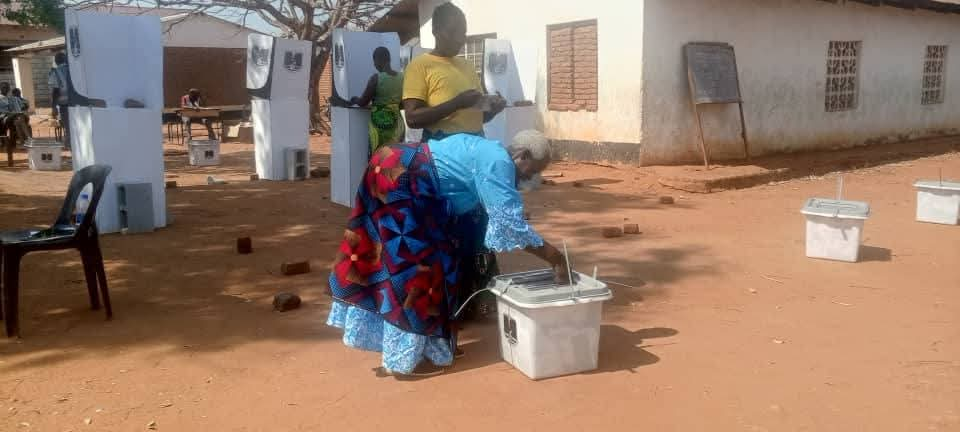By Suleman Chitera
As the debate around election integrity continues, one important fact often gets overlooked: the structure of Malawi’s voting and counting process makes it virtually impossible to rig an election. For those who may not be familiar with how the Malawi Electoral Commission (MEC) conducts elections, here is a clear explanation.
The Role of MEC Staff and Party Representatives
Every polling station (also called a stream or line) is staffed with a minimum of five MEC officials, led by a polling officer. In addition, representatives from political parties and independent candidates are present to monitor the process.
Some polling centres host over nine separate stations, each with its own team.
Police and the Malawi Defence Force (MDF) secure the entire centre.
Both local and international observers are also deployed.
This wide representation ensures transparency and accountability from the very start of the process.
How Votes Are Counted
Voting ends at 4:00 PM, after which ballot boxes are sealed and moved for counting within the same polling centre.
Each polling station counts its votes in the presence of party representatives, MEC staff, security forces, observers, and sometimes the media.
Every vote’s validity is agreed upon collectively by these stakeholders.
After counting, results are recorded on official tally sheets which are then signed by the polling officer and all party monitors.
Each party representative is given a copy of the signed results, and another copy is displayed publicly at the polling centre for transparency.
Why Rigging Would Be Impossible
For someone to manipulate the election outcome, they would need to compromise all key stakeholders present at each polling station:
MEC officials
Party representatives
Police officers
Military officers
Observer mission members
This means bribing at least 15 people per stream. At centres with 9 or more stations, that would require corrupting over 135 individuals at a single location—a logistical impossibility.
Candidates Already Know Their Fate Early
Because results are known, signed, and distributed at the polling stations, candidates and their parties are aware of their fate as soon as counting is completed. This transparency leaves little room for manipulation at later stages.
Final Word
Malawi’s electoral process is designed with checks and balances at every stage—from voting, sealing, and counting, to tallying and publishing results. This is why claims of widespread election rigging are unfounded. The system is built to ensure fairness, and with so many eyes watching, altering results is practically impossible.




